
Seventy years ago today, Nazis unleashed a savage attack on the small Greek town of Distomo. By the time their brutality against men, women, children and even newborns was done with, the soil in Distomo would be soaked with blood.
According to survivors, the SS “bayoneted babies in their cribs, stabbed pregnant women and beheaded the village priest.”
Sture Linner, the head of the International Red Cross in Greece, described the grim reality he saw when he arrived in the town:
Vultures were rising slowly and hesitantly at a low height from the sides of the road when they heard us coming. For hundreds of yards along the road, human bodies were hanging from every tree, pierced with bayonets – some were still alive.
They were the villagers, who were punished this way – they were suspected of providing help to the guerillas of the region, who had ambushed an SS unit.
The odor was unbearable.
In the village the last remnants of the houses were still burning. Hundreds of dead bodies of people of all ages, from elderly to newborns, were strewn around on the dirt. Several women were slaughtered with bayonets, their wombs torn apart and their breasts severed; others were lying strangled with their own intestines wrapped around their necks.
In a November 1944 edition of LIFE, photos showed the extent of brutality Greek women suffered at the hands of German occupiers, including a photo of one woman whose baby was shot to death in her arms. She bore the scar of the bullet on her back:
Here’s another survivor account from Angelos Kastritis:
Angelos Kastritis, who was eight, remembers the Germans going house to house, bashing down doors and spraying interiors with machine-gun fire.
Kastritis’ mother had told him and his father to make themselves scarce while she stayed home with her in-laws, believing that women and the elderly would not be harmed.
“When I returned I first saw my grandfather. The back of his head was gone and his brains had been splattered against a staircase. My grandmother was seated next to him [dead]. Inside the house I saw my mother… They had killed her execution-style, from behind.” […]
Seven percent of the Greek population at the time of the war – over half a million people – was wiped out. Four-fifths of those were civilians and were killed in mass executions and punitive massacres like that at Distomo.
The woman in the above photo is Maria Padiska who “still weeps, four months after the Germans killed her mother” in Distomo.
The bones of some of those killed in the massacre are interned in a mausoleum:
Angeliki Kotsou lights the candle of the Mausoleum
(D Legakis Photography/Athena)
Perhaps one of the most moving aspects of this dark chapter in Greek history comes again from Sture Linner, who returned to Distomo at the end of the war:
When the German occupation forces were forced to leave Greece, things did not go as planned for them. A German unit was surrounded by guerillas exactly in the same area, at Distomo. I thought that this might be taken by the Greeks as an opportunity for a bloody revenge, especially when considering that for quite a while the region had been cut off from any food supplies. I loaded with food necessities a few lorries, I wired to Distomo word of our planned arrival, and we found ourselves on the same road, once again, Cleo and I.
When we reached the outskirts of the village, we were met by a committee led by the elderly priest. He was an old fashioned patriarch, with a long, wavy, white beard. Next to him the guerilla captain, fully armed. The priest spoke first and thanked us on behalf of everybody for the food supplies. Then he added: “We are all starving here, both us and the German prisoners. Now, though we are famished, we are at least in our land. The Germans have not just lost the war; they are also far from their country. Give them the food you have with you, they have a long way ahead.”
At this phrase Cleo turned her eyes to me. I suspected what she wanted to tell me with that look, but I could not see clearly any more. I was just standing there weeping….
Humanity. It’s something the Nazis didn’t have and something the Hellenic people had — and still have — in abundance.
http://hellenicleaders.com







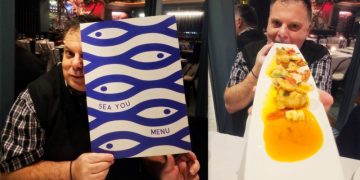













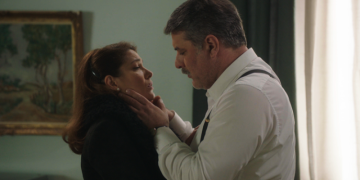
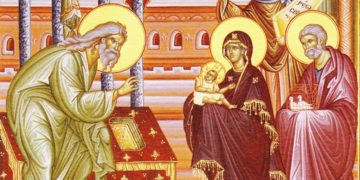
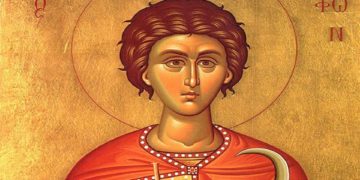
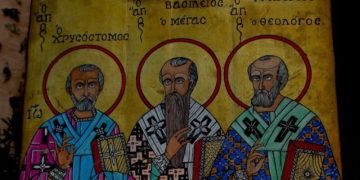






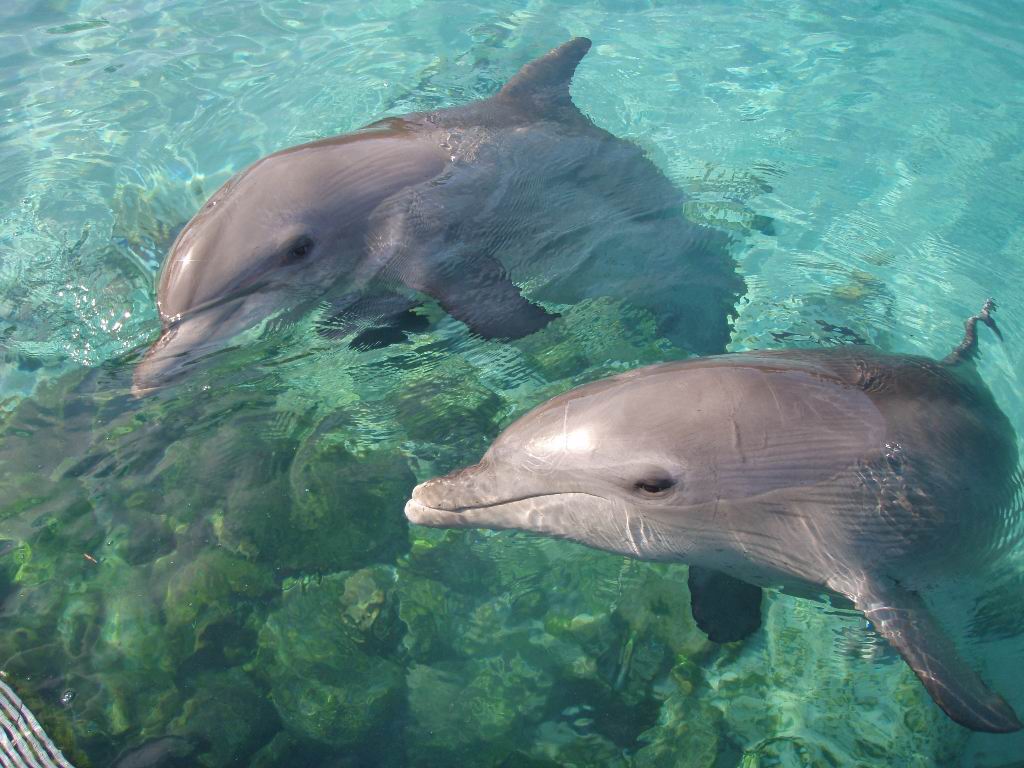










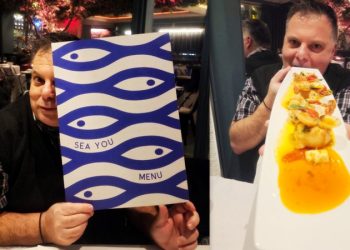

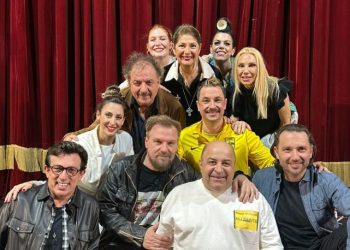
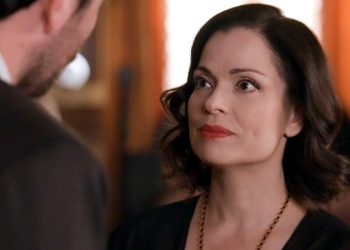
Σχόλια για αυτό το άρθρο